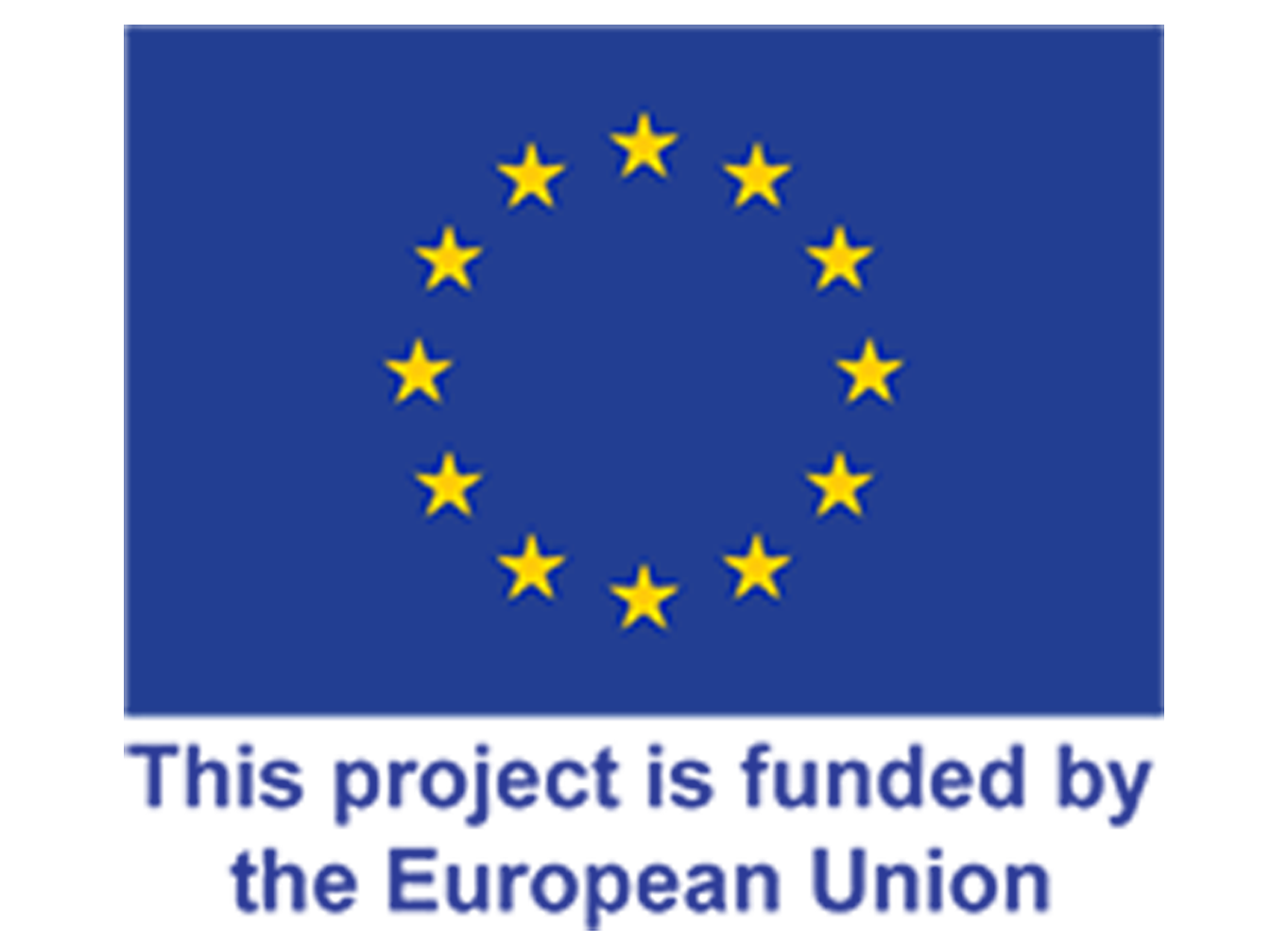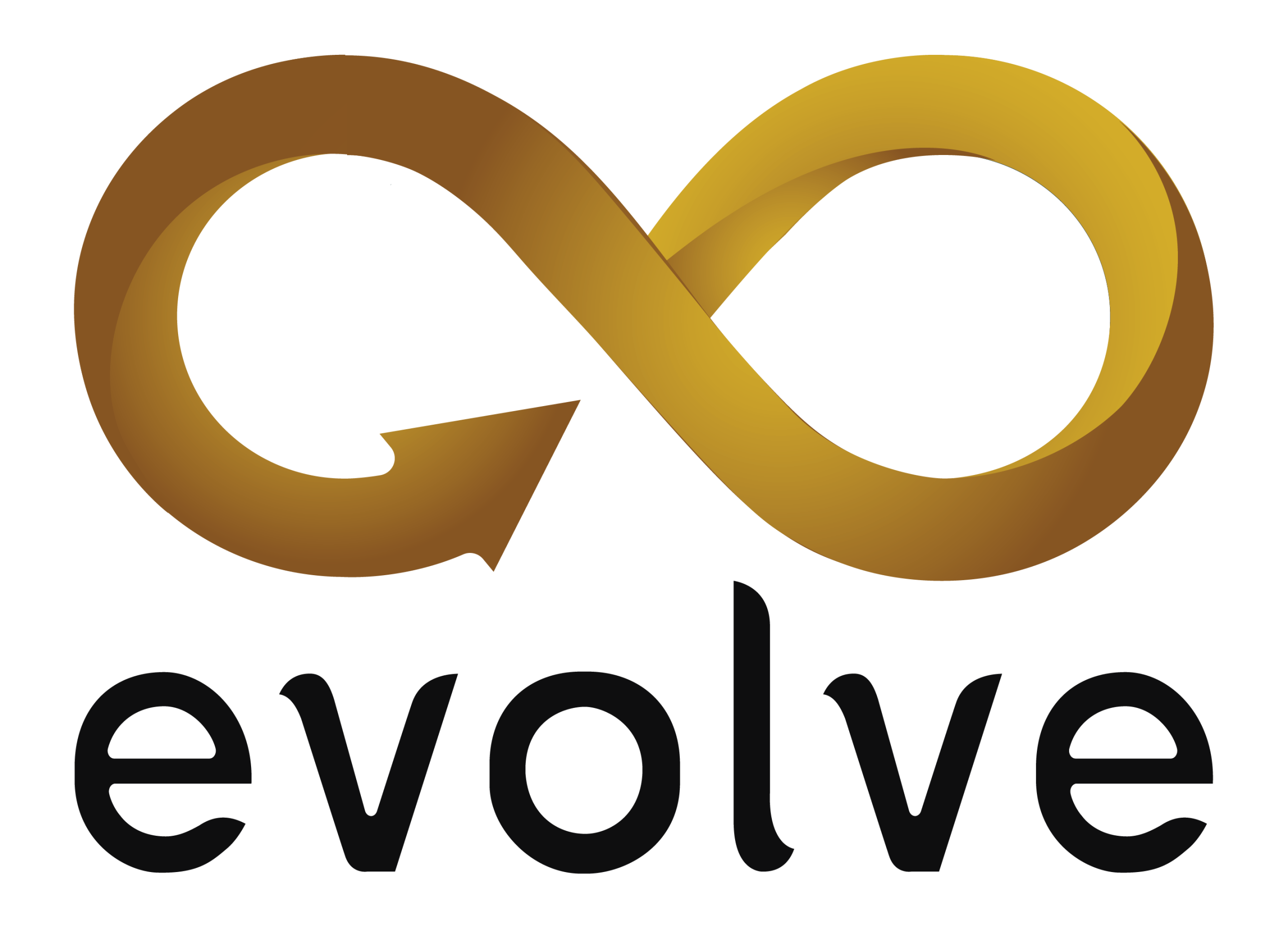Background
Environmental Bamboo Foundation / EBF is a non-profit foundation engaged in the development and improvement of the quality of bamboo for people’s livelihood and welfare by implementing a sustainable management system and community-based empowerment.
EBF was founded in 1993 by Linda Garland (Indonesian Bamboo Ambassador) under the name Yayasan Bambu Lingkungan Lestari (Environmental Sustainable Bamboo Foundation). Concurred with the establishment of EBF, the Bamboo Planting Program in the Flores region was initiated in 1992 as a form of post-earthquake recovery activity in Flores. In 1995, in collaboration with the Government of East Nusa Tenggara (NTT), EBF launched the One Million Bamboo Planting Program in Flores.
The scope of EBF’s activities includes community empowerment supported by research on bamboo with its supporting components, both in terms of socio-economic, environmental, as well as supporting science. In 2017, at the UNCCC – COP 23, EBF launched the 1,000 Bamboo Villages Initiative program. The 1,000 Bamboo Villages Initiative program is aiming to create a Restoration Economy where people, especially rural farming communities can actively restore degraded and make a very good economy for themselves their families and their communities in the process
The 1,000 Bamboo Villages Initiative program allows farmer cooperatives to produce value-added bamboo products, at the village level, by creating an integrated forest to the factory production system. Through the initiative EBF has developed a bamboo forestry system called the Hutan Bambu Lestari / HBL system (Sustainable Bamboo Forests system) which is a community-based bamboo forestry system to sustain a sustainable bamboo industry in Indonesia. The 1,000 Bamboo Villages Initiative program is a holistic system where native species are reintroduced to degraded lands and set aside areas for food crops and cash crops within a larger agroforestry reality.
Environmental Bamboo Foundation believes that to successfully execute the 1,000 Bamboo Villages vision, there are Six Key Pathways that will have to be activated;
The First Pathway, Resource Investment and Mobilization, is to ensure investment in village-level bamboo industry is attractive to the financial sector and Bamboo Villages are a bankable asset class.
The Second Pathway, Grow Network of Resilient Bamboo Villages, is to ensure optimal, long-term utilization of the landscape through establishing bamboo agroforestry systems that are socially, financially, ecologically resilient.
The Third Pathway, Build Digital Business Solutions for Bamboo Agroforestry, is to digitalize bamboo agroforestry industry for increased efficiency, professionalization and connectivity.
The Fourth Pathway, Ensure Market Access Through Sustainable Certification, is to ensure acceptability to market through an affordable verification of sustainably sourced bamboo and agroforestry products.
The Fifth Pathway, Govern Bamboo Agroforestry Value Chains, is to partner with key market players to ensure good governance and create a trusted, transparent equitable value chain for bamboo agroforestry products.
The Sixth Pathway, Strengthen Public Sector Support, is to ensure bamboo agroforestry industry is supported by key policy development and a regulatory environment that enables a restorative economic growth of the sector
For this purpose, EBF invites experienced, energetic and passionate professional who has growth mindset to join EBF’s Team in establishing 1.000 Bamboo Villages as SOFTWARE DEVELOPER.
Objectives of this Role
Software Developer generally responsible for the creation, development, design and implementation of new or modified app/software products or ongoing business projects. Engaged in all phases of the software development lifecycle which include; gathering and analyzing user/business system requirements, responding to outages and creating application system models. Participate in design meetings, consult, refine, test and debug programs to meet companies needs. Building software by writing code, as well as modifying software to fix errors, adapt it to new hardware, improve its performance, or upgrade interfaces. Involved in directing system testing and validation procedures, and also working with departments on technical issues including software system design and maintenance.
Responsibilities
- Create new app/software programs.
- Develop intuitive software that meets and exceeds the needs of the company.
- Researching, designing, implementing, and managing software programs.
- Testing and evaluating new programs.
- Identifying areas for modification in existing programs and subsequently developing these modifications.
- Determining operational practicality.
- Deploying software tools, processes, and metrics.
- Maintaining and upgrading existing systems.
- Training users.
- Gather and evaluate user feedback.
- Recommend and execute improvements.
- Create technical documentation for reference and reporting.
Qualifications
- Minimum Bachelor’s Degree in computer science or related degree.
- 5 years of relevant work experience in developing and implementing software applications.
- Knowledge of the software development life-cycle.
- Ability to develop unit testing of code components or complete applications.
- Creativity is always a plus.
- Must be a full-stack developer and understand concepts of software engineering.
- Experience working on a variety of software development projects.
- Deep programming language knowledge.
- Knowledge and interest in computer systems and the latest technologies.
- Ability to learn new technologies quickly.
- Attention to detail and desire to probe further into data.
The post Software Developer appeared first on Devjobsindo ORG.




